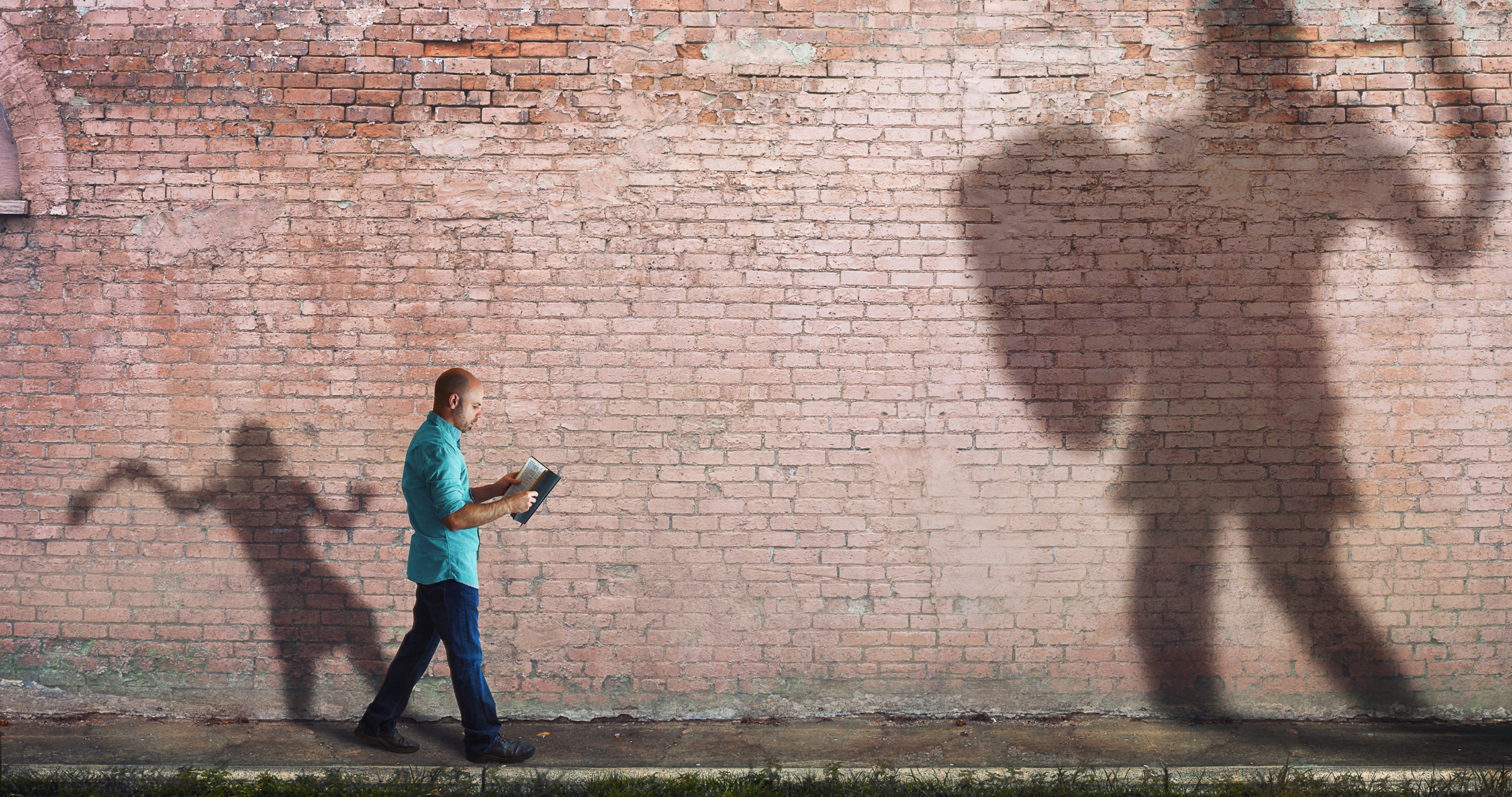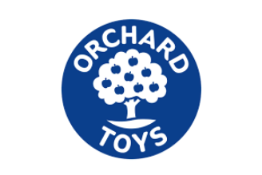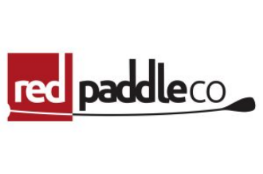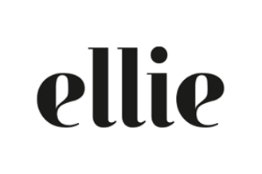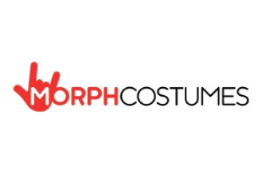Large enterprises copying small, independent brands’ ideas is a common theme. Pinching product designs, even if perhaps ‘only through having been inspired by’ entrepreneurs who have worked tirelessly on their designs, and inventions, is a lazy way to boost sales. All too often, the underdog loses out feeling they can’t fight back against the might of larger organisations
Very recently, Sharlee Thorpe, the owner of Wandering Folk which sells unique, stylish picnic rugs, accused Aldi of copying her products. Sharlee’s rug retails at $190 AUD (£100), but Aldi’s version is/was a fraction of the cost at £49.99 (£26.50). The two products are very similar in shape and size, sporting stylish tassels, and handy carry straps. The design however is slightly different, although both have a timeless floral pattern.
This isn’t Aldi’s first accusation of copying other brands. In April 2021, M&S took legal action against Aldi when they were accused of copying their trademarked “Colin the Caterpillar” cake. M&S believed that Aldi’s “Cuthbert the Caterpillar” was a direct copy of their signature party cake. The two retail giants reached a high court deal at the end of last year.
A recent BBC investigation also highlighted a case where the supermarket copied a baby bag, almost like-for-like, from family run company BaBaBing. The founders, brothers Ashley, Nick and Jamie set out to create products that allow parents to keep “being themselves” after having children, with innovative and stylish travel systems for babies. They were furious to discover that Aldi was selling a cheap fake of their “Mani” baby changing backpack, selling the dupe at almost half their price. However, as BaBaBing is a member of the Anti-Counterfeiting In Design group (ACID), they had ACID on their side to fight the cause. ACID runs a popular “spot the difference” campaign which names and shames big businesses who are selling products that have been ripped-off from smaller organisations. On BaBabings predicament, Dids Macdonald, ACID’s CEO said:
“Producing cheap lookalikes of original products is quite a usual fast track to market by some chains on the back of innovators like, for example, BabaBing. ACID sees too many of these David & Goliath battles. Our message to supermarket chains/high street retailers is “Commission it, Don’t copy it! Win, win all round, the chain benefits, the designer benefits, UK design benefits and above all, it’s a big tick in retailer CSR – ethics, compliance and respect for IP.”
So how can SMEs protect their product ideas from being stolen? Here are three things you can do right away to help keep copycats at bay.
Register your intellectual property
Here are 4 different kinds of intellectual property you can protect:
- Copyright
Copyright is an automatic right under law and includes literary, dramatic, musical and artistic works. Copyright prevents others from copying or adapting your original works. To deter would-be copycats from stealing your copyrighted ideas, display the © symbol, keep verifiable proof that you own the material, and display copyright notices to show that you are serious about protecting your intellectual property, and will take action if it is copied. This includes everything from webpages to songs.
- Trademarks
Here at SnapDragon, we love trademarks. We believe, and know that – trademarks, which are a registered right – can be seriously powerful when you’re defending your brand against counterfeits. They are relatively simple to file, seriously powerful and, in the scheme of things, cost-effective to protect. A trademark is a word, phrase or symbol that is unique to your business. This can be your logo, a strapline, or business name. You should register these in territories in which you trade, and intend to trade.
- Design
This is any design that is unique to your products. For example, appearance, shape, pattern or decoration. These can be a little more complicated to register, and help from an IP specialist is recommended. These rights are extremely powerful when it comes to taking action against copycats.
- Patents
A patent protects your original invention from being used by anyone else. Registering these can be complicated and expensive, but for more complex products, technologies and inventions, are extremely effective. Granted patents offer great potential when it comes to seeking revenues through licencing, for example.
See the government Intellectual Property Office website for advice about IP in the UK or here if you’re in Europe. There’s also help around funding in Europe too.
Educate your customers
Educating consumers is key to making sure your brand is not harmed by cheap, knock-off products. Explain to your customers the value of your products, how they are made, and where they can buy genuine articles. Point out ways that they can spot a fake version, through your website, mailers, and socials. But don’t give all your secrets away!
Monitor marketplaces
Sometimes the copycats aren’t just on Aldi Shelves – they’re all over the internet. Monitor online marketplaces, social media and domains to find out where your products may be being copied. SnapDragon aims to protect your revenue, reputation and customers by doing just this. Our proprietary software, Swoop, monitors the web to find counterfeits and copies using AI technology. Our talented team of multi-national Brand Protection Specialists monitor and protect your brand by finding the fakes and taking them down using your intellectual property. This is infinitely quicker and more cost-effective than traditionally, often cumbersome, legal processes.
To make brand protection more accessible for everyone, a self-service option is also available to those who like to DIY. Swoop monitors the web, and finds the fakes, so YOU can take them down.

